Log in and enrol
New paradigms in wastewater management: from a sanitation problem to a circular sustainable solution
New paradigms in wastewater management: from a sanitation problem to a circular sustainable solution
The new paradigms in the management of the urban water service: originally conceived to protect public health through safe water supply and adequate treatment of wastewater, current trends aim not only at process optimization and energy savings but also at energy and material recovery from wastewater and sludge.
Introduction to the Sustainability series
This MOOC is part of the series on “Sustainability”, which is one of the world’s major challenges of today and tomorrow and requires multidisciplinary competences. The series provides technical knowledge on a variety of topics, such as sustainable building, energy transition, water management and food waste prevention.
See the full seriesCourse description
The water cycle is strictly related to the fair and sustainable development of any society. Appropriate technologies and practices are needed for providing clean water and adequate sanitation to citizens worldwide, while facing environmental and societal challenges, such as climate change and increasing urbanization. Wastewater treatment facilities are nowadays shifting from infrastructures providing effective clean water, sanitation and environmental protection towards advanced biorefineries that can recover valuable resources (as reusable water, biopolymers and nutrients) from wastewater, while aiming at more stringent effluent quality targets, at energy neutrality, and at lowering the overall environmental impact. This MOOC is aimed at providing key elements in relation to the management of the urban water cycle, including both conventional goals and the challenges of the smart cities of the future. This MOOC presents a full picture, although very concise, of present and emerging technologies for wastewater treatment, presented by professors teaching at Politecnico di Milano.
The course is structured in 4 weeks.
- Week 1 – Evolution from wastewater treatment plants (WWTPs) to biorefineries
- Week 2 – Energy saving and energy recovery
- Week 3 – Alternative sources of water supply for multiple uses: recovery of water for agricultural and industrial uses
- Week 4 – Material recovery: options and sustainability
Total workload of the course: 8 hours
This MOOC is provided by Politecnico di Milano.
Intended Learning Outcomes
By actively participating in this MOOC, you will achieve different intended learning outcomes (ILOs).
Week 1
- Indicate the main motivations that called to set new paradigms in managing wastewater
- Explain the objectives of the change of paradigms in the wastewater management
- Use a new and more efficient approach in planning, designing and managing waste stream
ESCO: dispose waste - Describe the fundamentals of the urban water service and the role of wastewater treatment as the starting point for further innovations
ESCO: rainwater management - Explain how nature based solutions can contribute to maximize urban sustainability and resilience
- Explain the critical need cities have for water sensitive interventions
Week 2
- Recognize the major energy consuming unit operations in treating wastewater
- Describe how new concepts and innovative technologies can lead to energy neutral or even to net energy producing plants
- Describe how to minimize the energy consumption in existing wastewater treatment plants
- Indicate the current technologies to recover energy
- Use techniques to recover energy and produce biofuels such as bio-hydrogen and bio-methane by using the chemical energy in the wastewater
Week 3
- Explain the possibility to recover water from treated wastewater, highlighting constraints and opportunities
ESCO: operate water purifying equipment - Identify the main technical information on technologies and modeling tools available to reclaim wastewater and perform scenario analysis
ESCO: supervise waste water treatment - Describe the available technologies to remove persistent contaminants and fecal indicators
- Compare the integrated modeling approaches available to assess the fate of contaminants from the emission source to agricultural fields, to properly manage the risk related to potentially contaminated crops
- Discuss the available options for wastewater disinfection as well as the main pros and cons of each process solution looking both at technical aspects and environmental impact
Week 4
- Acquire knowledge about the most advanced fields in wastewater management
- Compare the recovering materials which can be turned into inerts for the construction sector, cellulosic material, bioplastics, products for use in agriculture and also to cultivate useful algal species
- Describe the thermal treatments applicable to sewage sludge, their rationale and the connected opportunities for the recovery of materials
ESCO: coordinate sewage sludge handling - Explain the advantages and limitations of integrating microalgae/bacteria-based biological processes in conventional and innovative wastewater treatment schemes
- Indicate the available biotechnologies to recover materials from wastewater
Prerequisites
Basic knowledge about environmental technologies for water and wastewater treatment
Activities
Over and above consulting the content, in the form of videos and other web-based resources, you will have the opportunity to discuss course topics and to share ideas with your peers in the Forum of this MOOC.
Section outline
-
-
-
-
-
Week 3 - Alternative sources of water supply for multiple uses: recovery of water for agricultural and industrial uses
-
-
-
Bibliography Page
-
Sitography Page
-
Assessment
Your final grade for the course will be based on the results of your answers to the assessed quizzes. You have an unlimited number of attempts at each quiz, but you must wait 15 minutes before you can try again. You will have successfully completed the course if you score a total of 60% (or higher) in each of the assessed quizzes.
The maximum score possible for each quiz is given at the beginning of the quiz. You can view your score in the quiz on your last attempt or on the 'Grades' page.
Certificate
You can achieve a certificate in the form of an Open Badge for this course, if you obtain, at least, 60% of the total score in the graded quizzes and by filling in the final survey.
Once you have completed the required tasks, you will be able to access ‘Get the Open Badge’ and start issuing the badge. Instructions on how to access the badge will be sent to your e-mail address.
The Badge does not confer any academic credit, grade or degree.
Information about fees and access to materials
You can access the course completely online and absolutely free of charge.
Course faculty
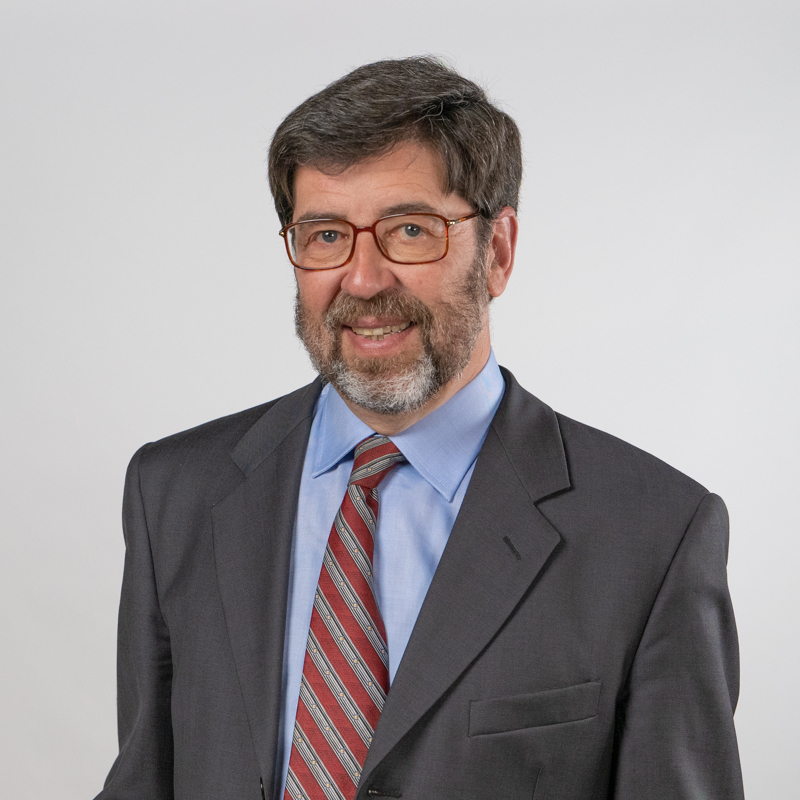
Roberto Canziani
Teacher
Full Professor in Environmental-Sanitary Engineering at the Politecnico di Milano. Graduated in 1981 in hydraulic civil engineering, specialization in sanitary engineering, he obtained his PhD in 1987 at the Politecnico di Milano after an 18-month internship as a research student at the British Water Research Center (WRc). Assistant professor (since 1992) and then professor (since 1999 as associate, and full professor since 2018) at the Department of Civil and Environmental Engineering of the Politecnico di Milano. His specialty competences are in the field of wastewater and sludge treatments. He teaches two courses in English in the Master's Degree in Environmental and Land Planning Engineering and is Deputy coordinator of the PhD Faculty in Environmental and Infrastructure Engineering at the Politecnico di Milano. He is the author of over 220 publications, of which over 50 in indexed international journals - Scopus, h index = 18). He coordinated and participated in several national and international research projects.
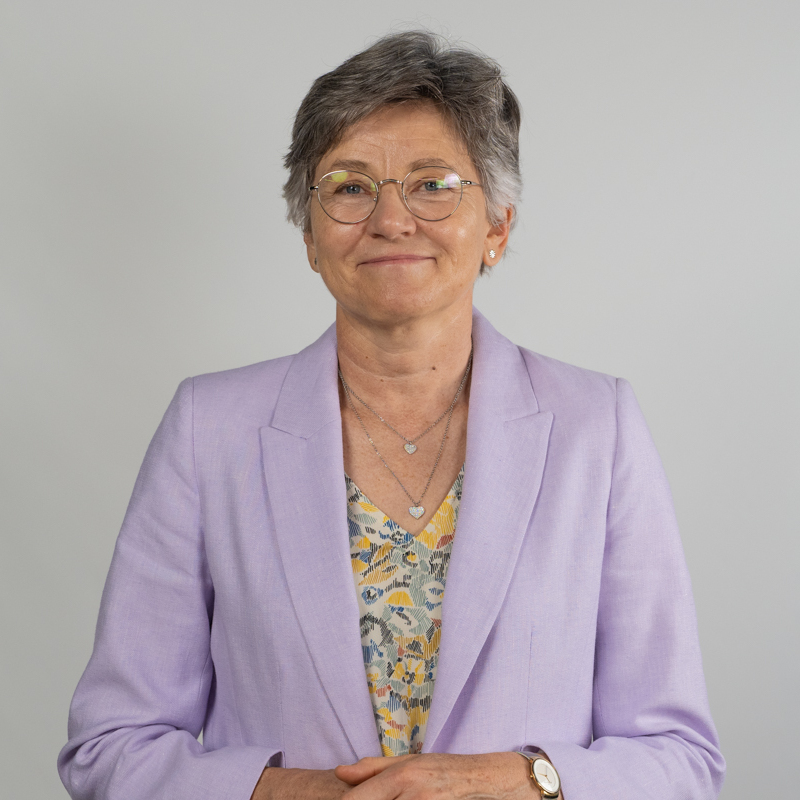
Francesca Malpei
Teacher
Ph.D and Full Professor of Wastewater Treatment at Politecnico di Milano Dept.of Civil and Environmental Engineering. Head of the "A.Rozzi"and the “Environmental Engineering” laboratories (DICA Dept.) and of "Fabbrica della Bionergia” (Polo Cremona, Politecnico di Milano), a research and technology transfer center specifically focused on anaerobic processes and on green energy from wastewater/solid wastes. Her main research interest: anaerobic bioprocesses for biofuel production, including pre-treatments, biomethane by methanogenic hydrogenothrophs, EPS recovery from granular biomasses, microplastic fate and control in WW and sludge, PFAS fate and control in WW and sludge. She was recently scientific coordinator of Perform Water 2030, a Lombardy Regione finded project to promote the development of innovative technologies and new methodological approaches leading to new paradigms in water management, in the perspective of sustainability, resource recovery and circularity”. Peer review papers (Scopus): 71, Hindex: 24
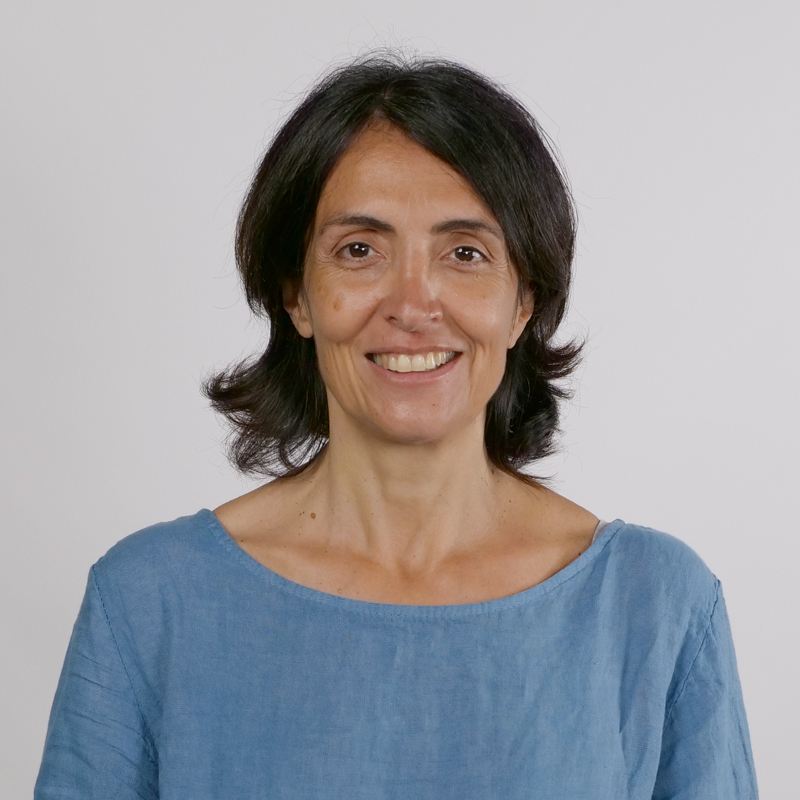
Grazia Concilio
Teacher
Grazia Concilio is a Civil Engineer and PhD in “Economic evaluation for Sustainability” from the University of Naples, Italy. She is currently Associate Professor in Urban Planning and Design at Politecnico di Milano with research activities at the RWTH (Aachen, Germany), IIASA (Laxenburg, Austria) and Concordia University (Montreal, Canada). She is the author of several national and international publications and is (and has been responsible) for several International Research projects (7th FP, Horizon2020).
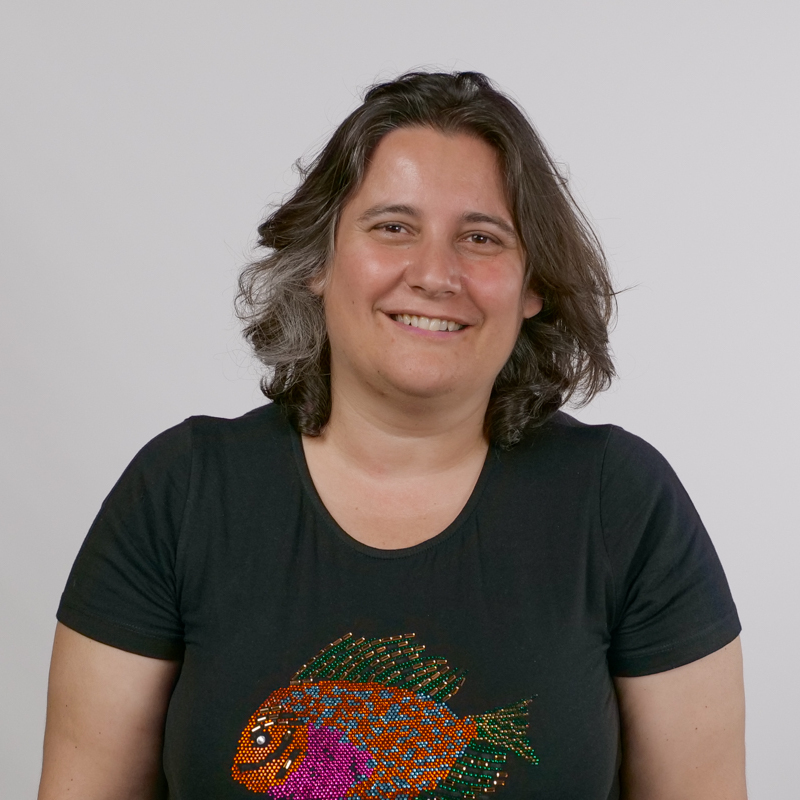
Arianna Azzellino
Teacher
Associate Professor, Dept. of Civil and Environmental Engineering (DICA), Politecnico di Milano. Teacher of courses: Environmental Impact Assessment, Sanitary and Environmental Engineering and Nature-based solutions for a resilient world Research activity: Currently involved in various research projects, from the source apportionment of pollutant loads, to development of methods to support decisions for the management and planning of environmental resources. Scenario analysis and modelling of pollution phenomena to support the assessment of impacts and intervention alternatives / land use. Environmental risk assessment and forecasting, habitat modelling of sensitive species, multi-criteria analysis to support planning and management. Full list of significant publications at Orcid.
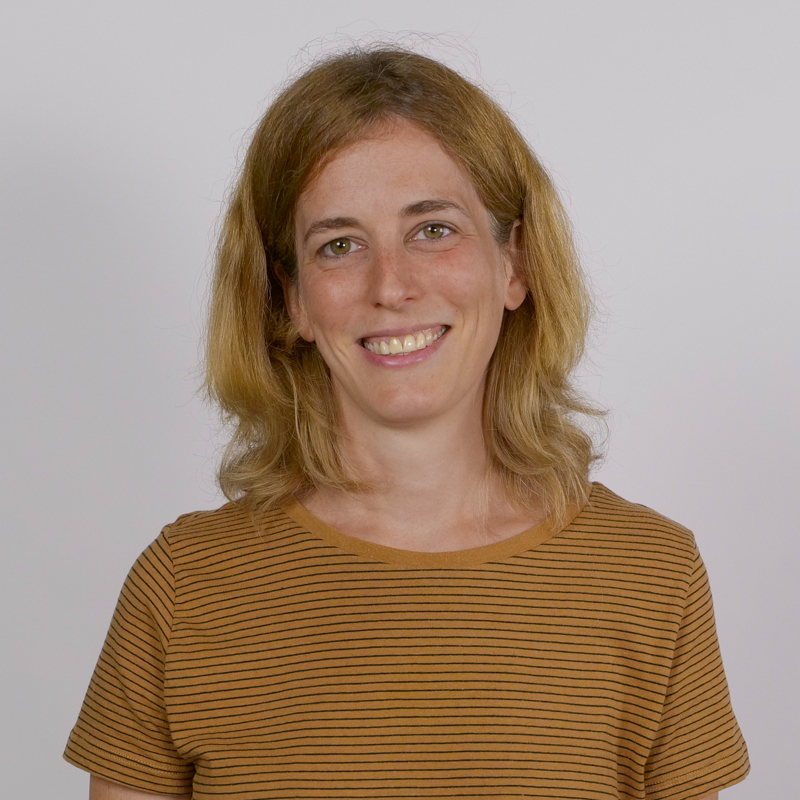
Arianna Catenacci
Teacher
Arianna Catenacci received a M.Sc. in Environmental engineering and a Ph.D. in Sanitary Engineering from Politecnico di Milano. Since January 2022 she is Junior Researcher at Politecnico di Milano, where she teaches “Sanitary and environmental engineering”. Her main research activities deal with biological processes for wastewaters and organic wastes treatment, with focus on anaerobic digestion, including: (i) optimization of biogas production through pre-treatments with ozone and co-digestion; (ii) process modelling of anaerobic co-digestion and aerobic granular sludge systems; (iii) anaerobic degradability of food waste collection bags. She holds the International Patent Application WO 2022/070035 “Method for the early estimation of anaerobic degradability of organic substrates”. She published 14 papers in peer-reviewed journals, and she gained three years experience as teaching assistant of courses “Drinking water treatment plants” and “Wastewater treatment plants”.
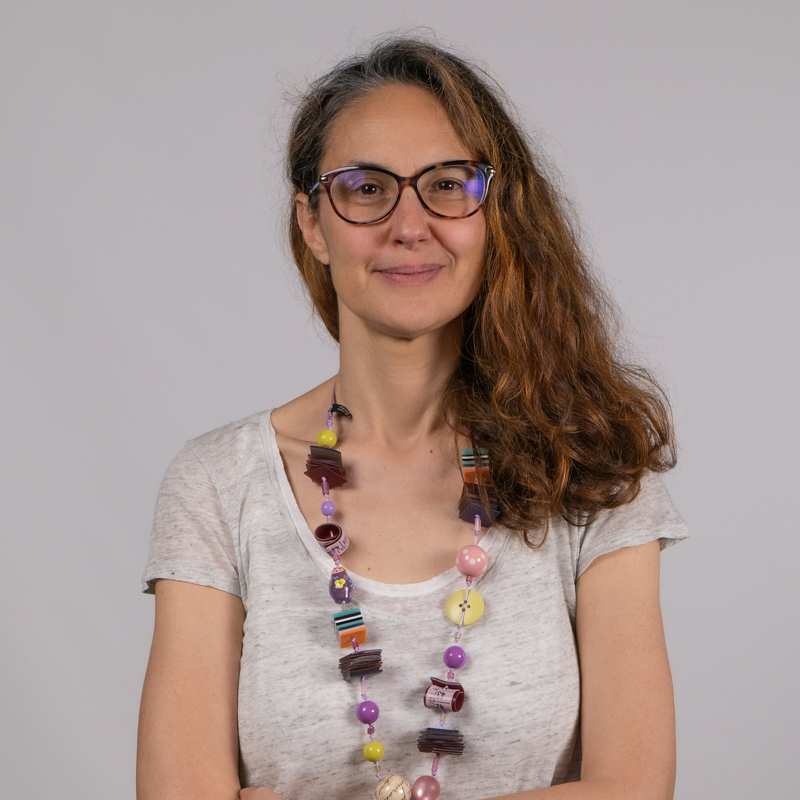
Manuela Antonelli
Teacher
Associate Professor in Environmental-Sanitary Engineering at Politecnico di Milano Associate professor at Politecnico di Milano, DICA since 2017, got the Scientific National Qualification for Full Professor since 2020. Got the PhD in Environmental Engineering in 2000, visiting scholar at Duke University, CEINT, North Carolina (USA) in 2011, since 2012 in charge of the “Water Treatment” course, since 2019 member of the Faculty Board of the PhD program in Environmental and Infrastructure Engineering. Her research focuses on the water cycle (source water to potable to wastewater to reuse), developing innovative concepts to integrate human activities and the environment, with emphasis on technologies (disinfection, adsorption, advanced oxidation processes) and modeling (fate and risk) to protect ecosystems and human health. She is active in working groups for contaminants of emerging concern and pathogens control. Co-author of 170+ scientific products. Scopus papers: 71, number of citations: 1216, H index: 22 (August 2022).
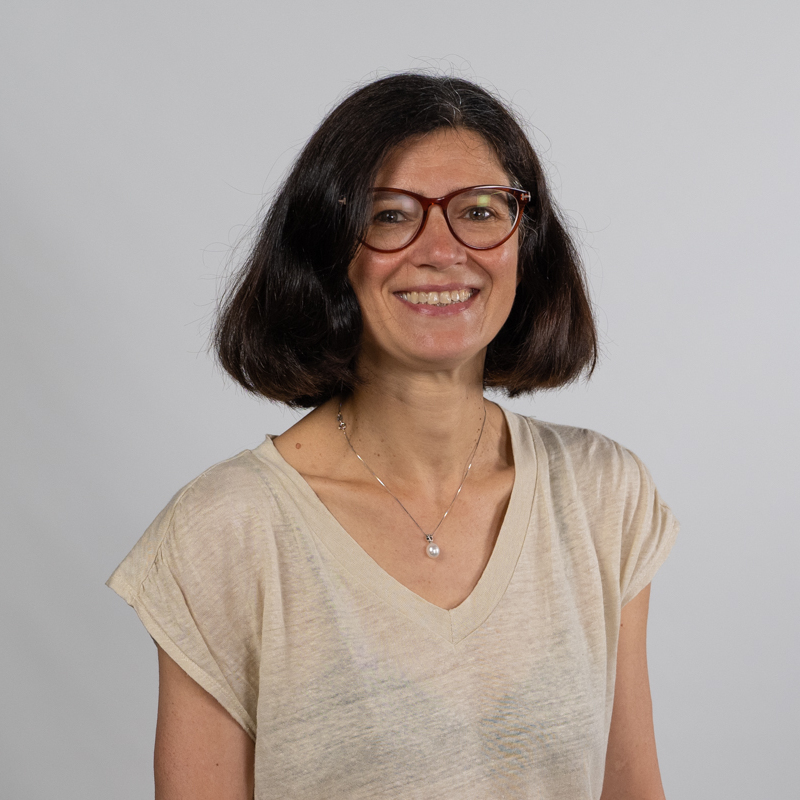
Elena Ficara
Teacher
Elena Ficara received a M.Sc. in Environmental and land planning engineering and Ph.D. in Sanitary Engineering from Politecnico di Milano. She is Associate Professor at Politecnico di Milano, Department of Civil and Environmental Engineering since 2016. Her main teaching activities at Politecnico di Milano include: Fundamentals of Environmental Technologies and Pollution Management”. Her research activity focuses on aerobic and anaerobic biological processes applied to the treatment of wastewaters or organic wastes, recent research topics including: - Anaerobic digestion: Optimization of biogas production from the anaerobic digestion of agro-wastes via biological process monitoring and mathematical modelling; digestate treatment; improvement of anaerobic degradability of lignocellulosic materials by chemical-physical and biological pretreatments (Fabbrica della bioenergia). - Improvement of the energy balance of WWTP by integration of microalgae production within the typical WWTP treatment train; Microalgal culturing on wastewater and on digestates from waste sludge or agro-wastes digestion (Polialgae@DICA). In the last 5 years, she has been involved, as PI or as responsible of research unit, in 7 research projects funded under competitive national calls. She is a member of the international water association (IWA), of the European algal biomass association (EABA), and she is in the management board of the Italian microalgae association (AISAM). Publications and research products, see: Google Scolar.
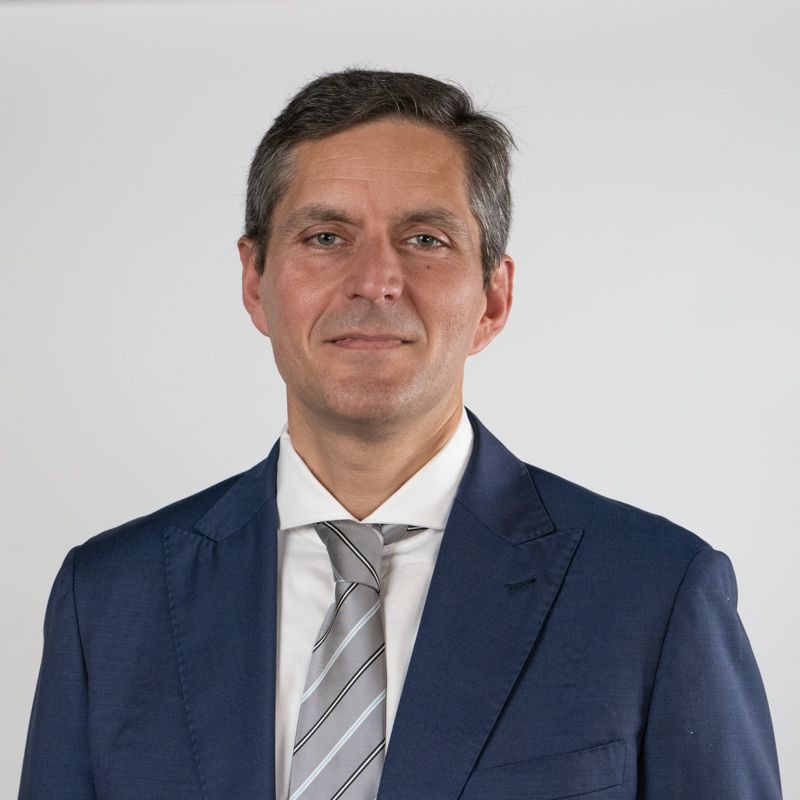
Federico Viganò
Teacher
Federico Viganò is Assistant professor in “Energy and Environmental Systems” at the Politecnico di Milano since 2008. He obtained a PhD degree in Energy Engineering in 2006 and a MSc’s degree in Mechanical Engineering in 2002 from the same University. Most of his research and consultancy activity is in the field of waste management. At the Politecnico di Milano is co-teacher of the course “Bioenergy & Waste‐to‐Energy Technologies” (since 2010), as well as teacher of the course “Fluid Machines and Energy Systems” (since 2009). He is a stable collaborator of the Laboratory for Energy and the Environment of the city of Piacenza (LEAP) as a researcher and a scientific supervisor. He is member of the scientific board of MatER Study Center (Materials and Energy from Refuse). For LEAP, he collaborated in 2013-2017 with the General Directorate for the Environment, Energy and Sustainable Development of the Lombardy Region, both in the evaluation of innovative technologies for the treatment of waste, and providing scientific support for the analysis, development, and application of the environmental normative concerning waste management. He is the coordinator of the working group on “Thermal Treatments of Waste” of the Interdisciplinary Committee Waste & Health (CIRS).
Contact details
If you have any enquiries about the course or if you need technical assistance please contact pok@polimi.it. For further information, see FAQ page.